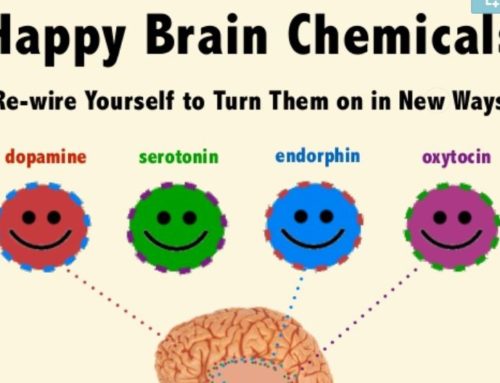Leaders will sacrifice what is theirs, to save what is ours. And would never sacrifice what is ours to save what is theirs. When leaders march first into danger and make us feel safe, we will work tirelessly to make sure their vision comes to life.
When Marines come into boot camp they are responsible for themselves. When they leave they have a commitment to their fellow brother. Marines are better equipped for external danger because they do not feel danger from each other. They operate in a strong circle of safely.
But even when we don’t feel safe at work, we stay. We convince ourselves that the threats outside are more dangerous, and we decide to adapt. A study showed that 1/3 of people reported to thinking about leaving their jobs – 1.5% did. Tells us that an uncomfortable amount of people don’t like their jobs AND most people see that leaving is the ONLY way to improve their situation.
The Paradox of Being Human: Human being simultaneously exist both as 1 and 1-of-many at all times. I live for myself, and for my tribe. So we must weigh all of our decisions as how it benefits me AND how it benefits the tribe. Creates some conflicts. One can be good for one but less good for the others.
If you think your people should work hard because you give them a check – remember that every job gives a check.
Try this exercise: Pretend your employees are “employees for life – that you can’t fire”. Like your kids – you don’t fire your kids. How would you change things.
You would probably screen harder on the way in.
Give more coaching.
Give more help
More guidance
More leadership
Why not do this stuff anyways?
It’s like a meme I saw recently. It went -> CFO: “But what if we spend money to train and improve these people, then they leave to work somewhere else.” CEO: “What if we don’t train and improve them, and they stay forever?”
You only get rid of your employees if they don’t embrace the culture & values or are undermining others.
All our leaders need to do is remember whom they serve, and it will be our pleasure to serve them back.
Example: Company facing hard times announced a furlough program. Instead of lay-offs, each employee had to take 4 unpaid weeks off per year. Explained that they want the members of the family to suffer a little than small number suffering a lot. But people actually stepped up and gave each other time and worked harder doing different roles. When they got strong, company paid them back for the time off.



